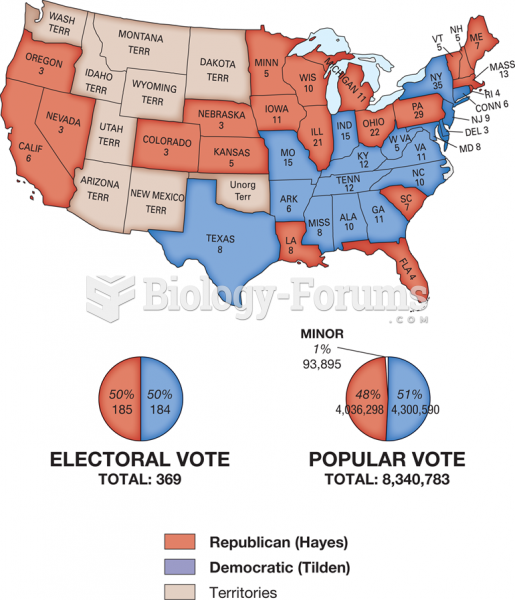Answer 1
Answer: The ideal answer could include:
1. Woodrow Wilson would have argued that the war was necessary because the German aggressions were worse than those of the British, and the United States needed to act to remake the world.
2. Eugene Debs would have argued that the war would hurt the American people as well as make America unsafe for democracy.
3. William Jennings Bryan might have argued that the United States was being unfair and was holding Germany to a higher standard than they held Great Britain to.
4. Theodore Roosevelt would have asserted that the United States needed to enter the war and should have done so sooner.
Answer 2
Answer: The ideal answer should include:
1. The Committee of Public Information produced propaganda favoring the U.S. side and thus increased public support for the war.
2. However, the CPI also had the long-range effect of muddying the war's true cause and setting the stage for American involvement in World War II
3. The Food Administration provided a stable food supply by increasing agricultural production, and supervised food distribution and farm labor.
4. The long-term effects of the Food Administration included keeping food prices high, which helped to make the economic decline from 1919 to 1932 worse.
5. The War Industries Board Reorganized industry to maximize wartime production.
6. Long-term, the War Industries Board benefited the unions for a time and convinced some industrialists of the need for long-term government planning.
Answer 3
Answer: The ideal answer should include:
1. The United States tried to remain neutral but had a sentimental and substantive connection to the Allies.
2. Despite their official stance of neutrality, the United States loaned more to the Allies and also sold them more supplies.
3. U.S. affinities showed through when they more vehemently protested Germany's blockade than Britian's.
4. The United States slowly moved toward favoring Great Britain and declared war in the spring of 1917.
Answer 4
Answer: A
Answer 5
Answer: C







